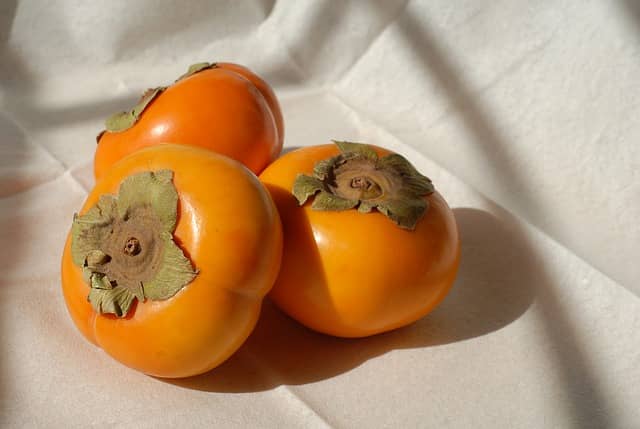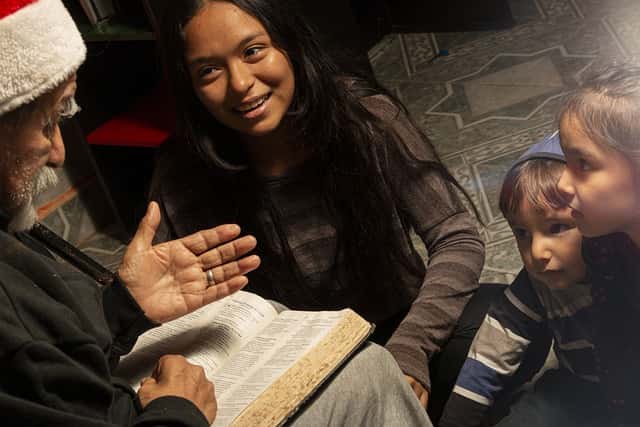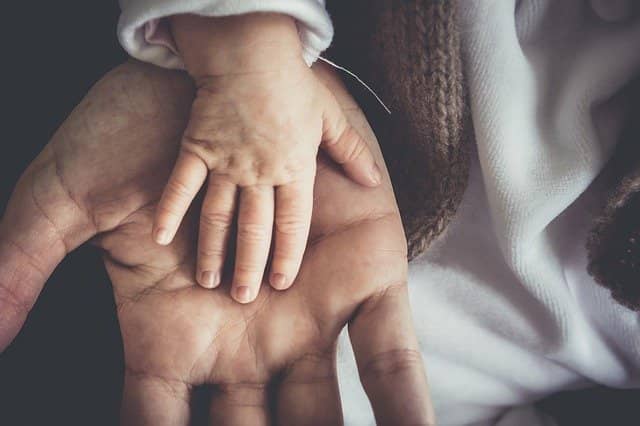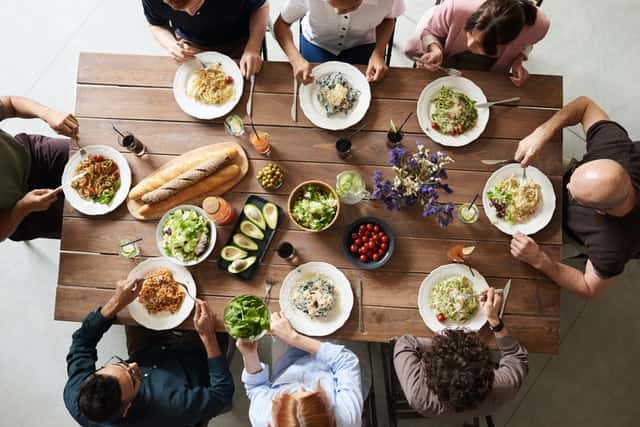Persimmons by Li-Young Lee
“Persimmons” by Li-Young Lee is an autobiographical poem revolving around the poet’s childhood memories concerning the titular fruit.
Li-Young Lee, born on 19 August 1957, in Indonesia, is an American poet. His maternal great-grandfather Yuan Shikai was China’s first Republican President.
Lee’s writing has been influenced by classic Chinese poets, such as Li Bai and Du Fu. His poems tap on the themes of simplicity, strength, and silence. All are strongly influenced by his family history, childhood, and, most importantly, his father.
Breaking the Alabaster Jar: Conversations with Li-Young Lee (2006), a collection of interviews by Li-Young Lee, sheds light on his poetic sensibilities, aesthetics, and philosophies. Some of his best-known collections are Rose (1986), The City in Which I Love You (1990), Behind My Eyes (2008), and The Undressing (2018).
Lee’s The City in Which I Love You won the Lamont Poetry selection in 1990, which is given recognition of a poet’s second published collection. He won the American Book Award for the memoir The Winged Seed: A Remembrance and the William Carlos Williams Award for his third collection, Book of My Nights (2001).

“Persimmons” by Li-Young Lee is an autobiographical poem revolving around the poet’s childhood memories concerning the titular fruit.

“A Story” by Li-Young Lee is a poem about a father, unable to recall one new story at his five-year-old son’s request.

“The Gift” is about a childhood memory of poet Li-Young Lee concerning his father dexterously pulling out a metal blade from his soft, little hand.

Li-Young Lee’s “Eating Together” is about how a speaker misses his deceased father at the time of having lunch with his family.